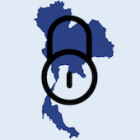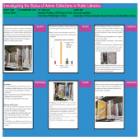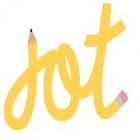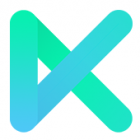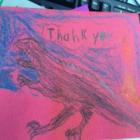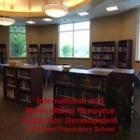
International and Multicultural Resource Collection Development at Willows Preparatory School
Willows Preparatory School (WPS) is a private institution affiliated with Bellevue Children’s Academy in Redmond, Washington. While the elementary school was established in 2000, WPS is only in its second year, therefore, the library is relatively small and consists largely of donated resources. Despite the small size, the new librarian has created an excellent base of resources in nonfiction and a good selection of new and popular books. As an International Baccalaureate (IB) candidate school, with a diverse student population, WPS is looking to add more international and multicultural resources that will both interest the students in their personal reading, support the school’s curriculum, and meet IB standards. With this in mind, my goal was to cultivate high quality international and multicultural resources that the librarian can immediately add to her emerging library.


